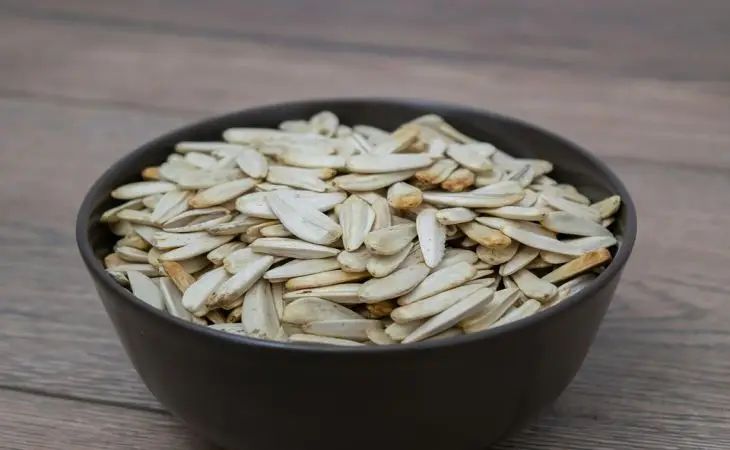The Harm and Benefits of Pumpkin Seeds: How to Eat Them Correctly
Pumpkin seeds can be compared to a storehouse of useful substances.
Pumpkin seeds are widely used in cooking. They are also eaten raw, roasted or in the form of pumpkin seed oil.
The benefits of pumpkin seeds
They are rich in vitamins A, B, C, K, D, E, as well as calcium, selenium, zinc, magnesium and other minerals.
Pumpkin seeds contain glutamic, linolenic essential acids and arginine.
They also contain L-tryptophan, which promotes the production of serotonin and niacin.

Arginine in seeds reduces the risk of heart disease and improves blood circulation.
The fiber in the seeds normalizes bowel function and helps with constipation
Harmful effects of pumpkin seeds
Despite the numerous beneficial properties of pumpkin seeds, their excessive consumption will result in negative consequences.
High calorie content may contribute to weight gain.
Also, seeds can cause allergic reactions in some people.
How to eat pumpkin seeds correctly
For maximum benefit to the body, it is recommended to consume no more than 50 g of seeds daily.
Nutritionists advise eating them raw or slightly dried, adding seeds to salads, porridges, smoothies.
